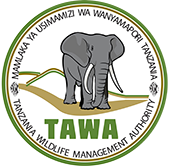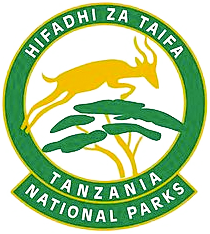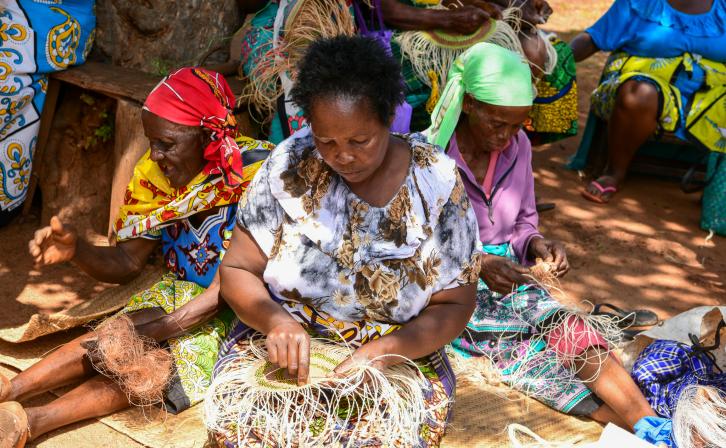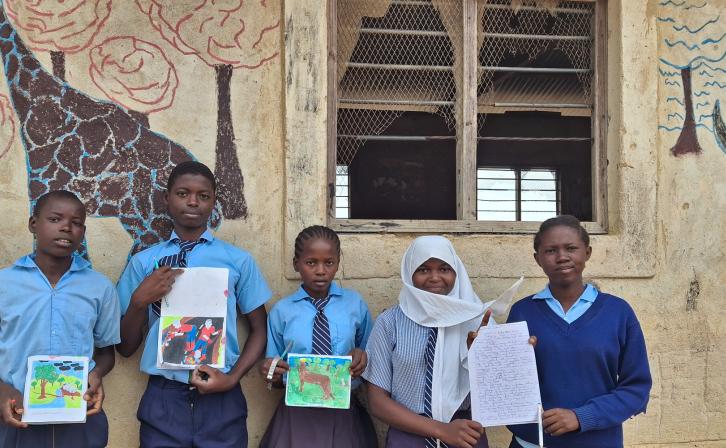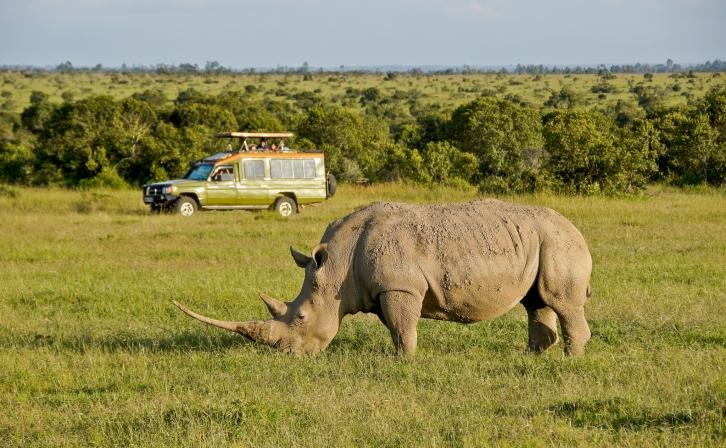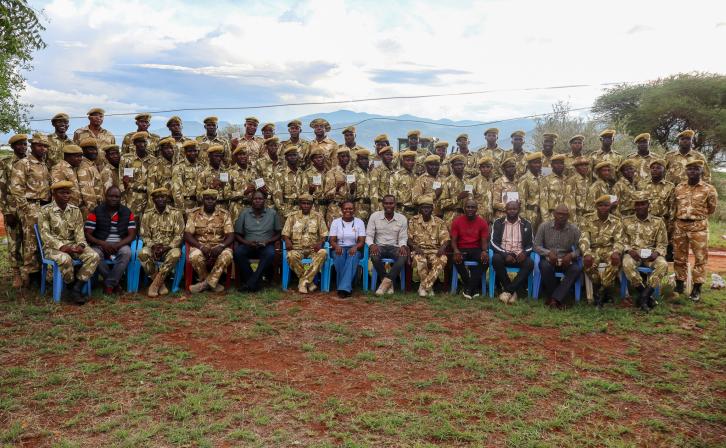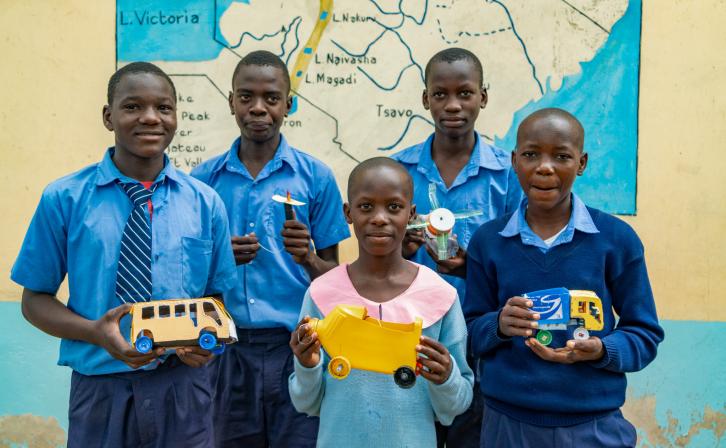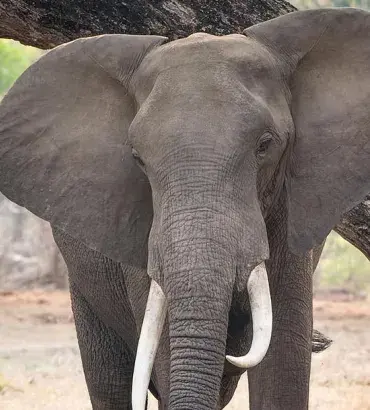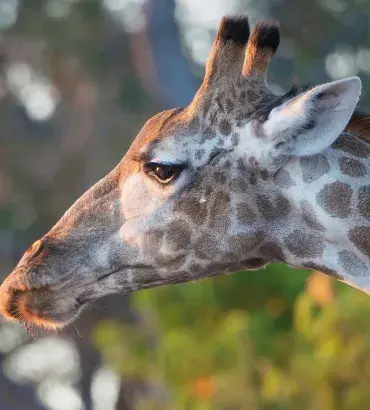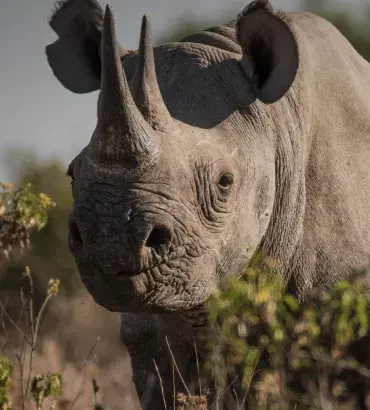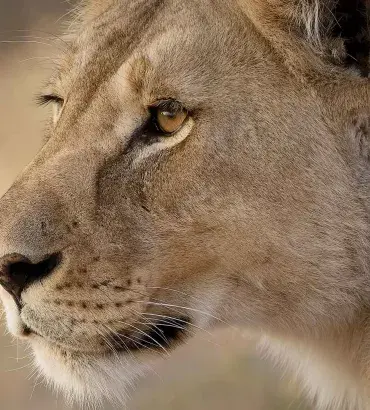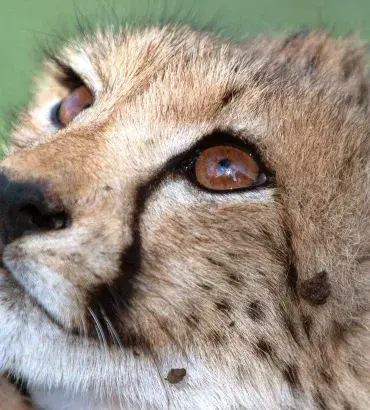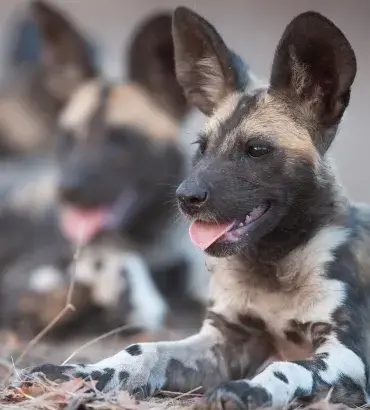Tsavo-Mkomazi
The Tsavo-Mkomazi landscape straddles the boundary between Kenya and Tanzania. It is one of the world’s largest protected areas, home to more than a third of Kenya’s elephants and nearly a fifth of its black rhinos. Stresses include infrastructure development, climate change impacts, and freshwater availability.
Our holistic approach includes the following activities:
- Partnering with communities through collaborative land-use planning, alternative livelihood development, and youth and education programs
- Reducing human-wildlife conflict
- Strengthening park rangers’ eco-monitoring and data collection
- Providing counter-wildlife-trafficking support, including judicial and prosecutorial training
- Supporting cross-border anti-poaching collaboration
These comprehensive strategies prioritize the protection of elephants, giraffes, rhinos, and lions—work that benefits other species as well and safeguards natural resources for current and future generations.
AWF in Action
Using GPS Technology to Prevent Human-Wildlife Conflict
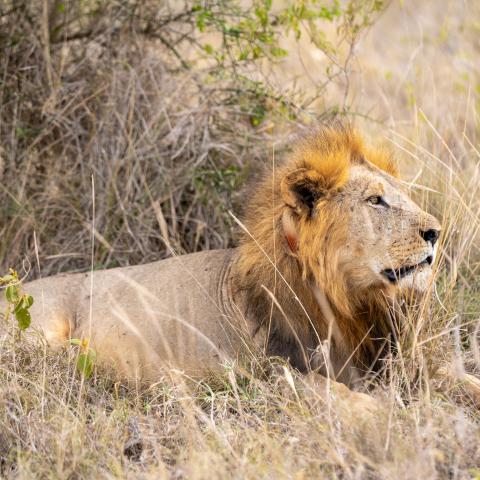
Deterring Elephants from Raiding Crops
We implement various tactics to reduce conflict between humans and elephants. Mapping elephant corridors helps farmers plant outside migration paths and thus avoid crop damage. We also introduce solutions such as beehive fences, which stop visiting elephants and also give farmers a new revenue source—eco-friendly honey and beeswax.
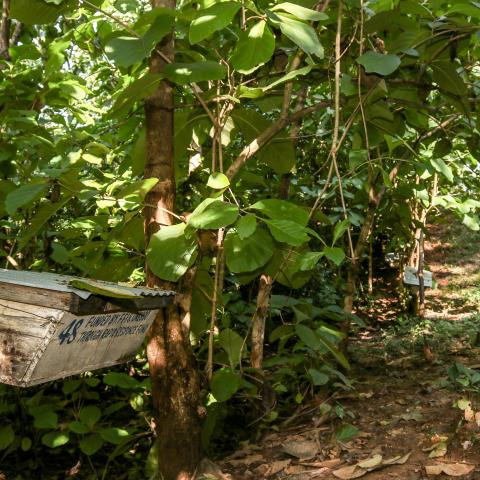
Anti-Poaching Collaborations
We train and support community scouts and anti-poaching teams from Tsavo West National Park, Mkomazi National Park, and the Tanzania Wildlife Management Authority. Rangers and scouts conduct joint and concurrent patrols along the border, guided by GIS-based tools we’ve supplied. With better information-sharing, patrolling rangers and scouts are more effective at targeting and deterring illegal activity.
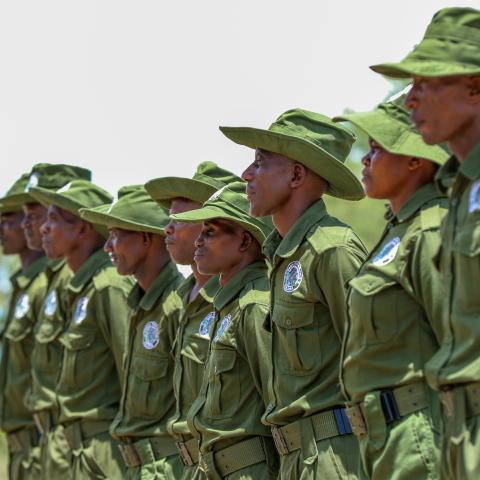
Making Wildlife Laws Count
We work with government partners to help ensure wildlife crime is appropriately prosecuted. Efforts include an innovative court-monitoring program, in which we provide logistical and technical support to often overburdened prosecutors, preventing wildlife cases from slipping through the cracks. We also support ranger forces through training in wildlife law, crime investigation, and evidence handling and storage.
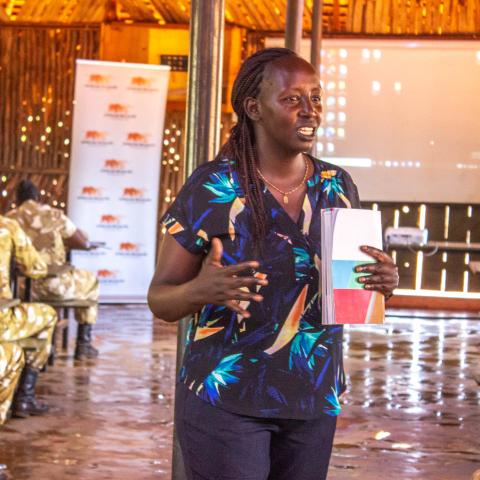
Implementing a Holistic Giraffe Conservation Strategy
In one of the Maasai giraffe’s last strongholds, we are implementing a science-based conservation action plan to support giraffe populations and benefit communities.
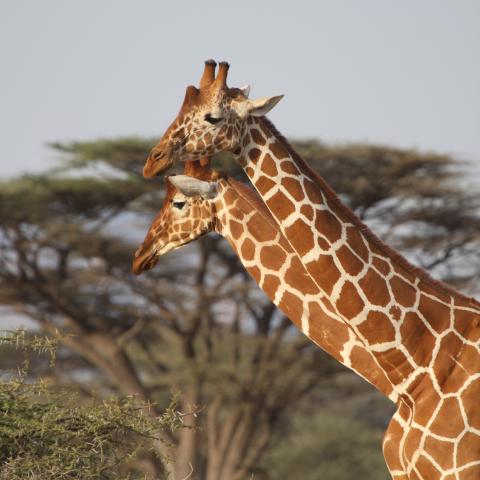
Countering Habitat Degradation
The demand for firewood, agricultural land, and pasture for livestock threatens this landscape, which includes densely forested hills and rangelands. We work with community conservancies and group ranches to restore forests and lands that are home to elephants, lions, buffalo, leopards, wild dogs, and other species.
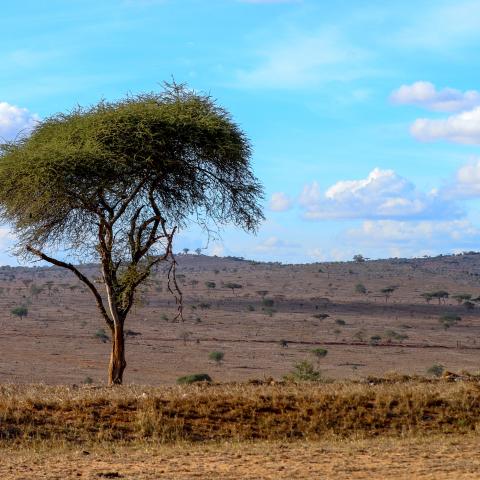
We work for the people and wildlife of Kenya and Tanzania. Our strategic, implementing, and funding partners include:
See More of Our Work
Wildlife We Are Protecting

